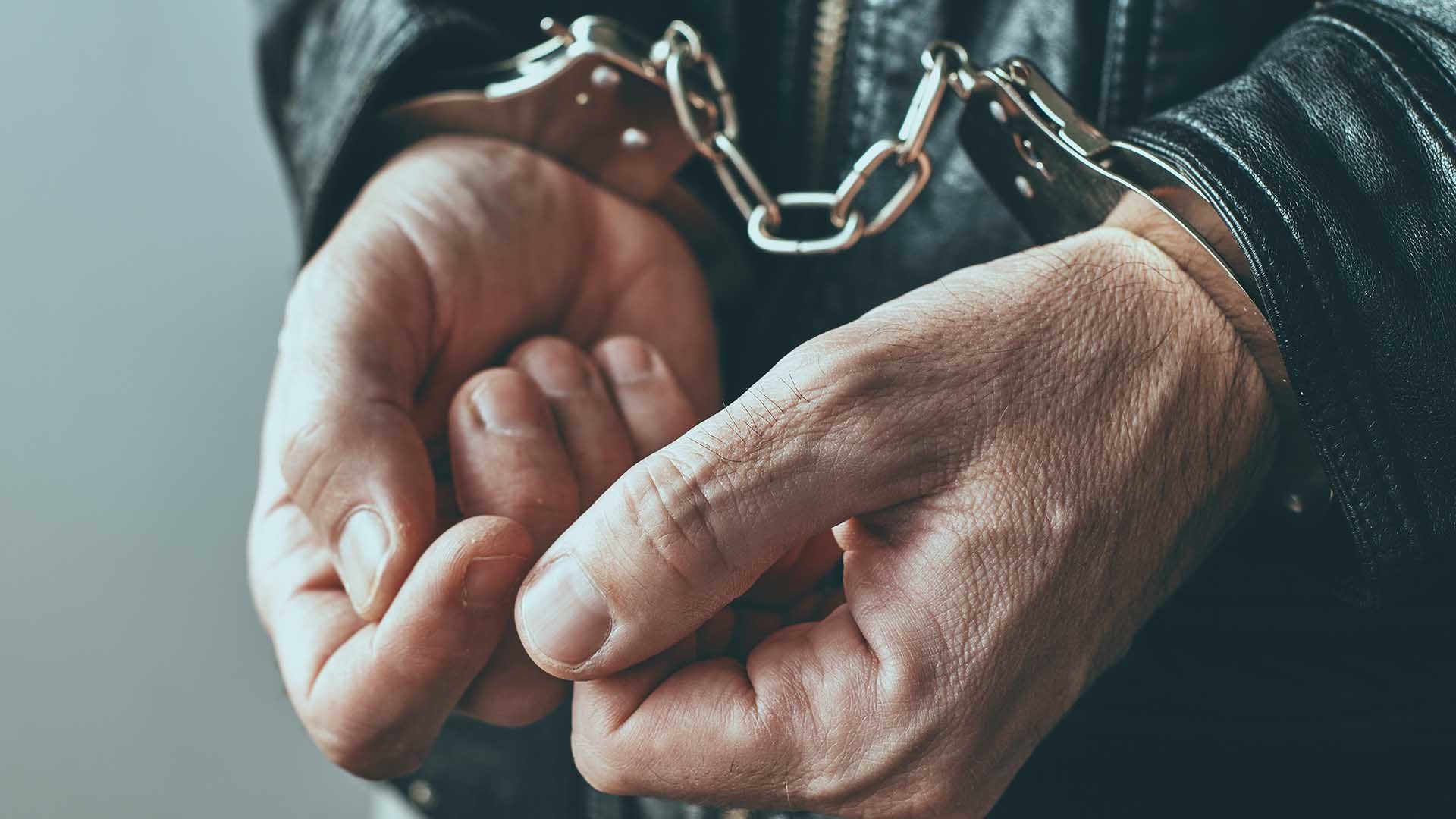
Post Incarceration Syndrome
Unless we have been in prison ourselves, it’s difficult to understand exactly what inmates go through both during and after their time behind bars. When someone is in prison, they get used to the conditions, as harmful and abusive as they may sometimes be. The conditions may begin to wear on an individual, leaving them feeling like they have nowhere to turn. If someone experiences these struggles during or after their prison sentence, they may have a disorder called Post Incarceration Syndrome, or PICS.
What Is Post Incarceration Syndrome?
Post Incarceration Syndrome is a mental disorder that affects people who are currently incarcerated or were released from prison recently. All individuals who have been in prison are at risk for this disorder, but those who have experienced trauma during their prison sentence may be more likely to develop the syndrome and have more intense side effects. For example, people who were forced into solitary living situations in prison or were a victim of institutional abuse are likely to experience the severe mental and emotional turmoil that typically is associated with Post Incarceration Syndrome.
Mental Illness & Post Incarceration Syndrome
Since Post Incarceration Syndrome is a mental illness, most of its symptoms have to do with one’s thoughts and the behaviors they display after having these thoughts. Here are some of the most common side effects or traits that someone with PICS may experience:
1. PTSD – Trauma before or during life in prison may result in Post-Traumatic Stress Disorder. Individuals who struggle with PTSD may frequently relive past events in their mind and have sudden outbursts.
2. Institutionalized Traits – While in prison, a person’s personal nature and critical thinking abilities may be stripped away from them. This could result in a personality switch or loss of interest in activities that the person once enjoyed.
3. Antisocial Traits – A lot of time in prison is spent alone. When inmates aren’t alone, they only have the company of guards and fellow inmates. If they face abuse from these people, they may begin to develop an antagonistic and anti-social point of view.
4. Sensory Deprivation – It’s normal to feel lost after going through sensory deprivation. The effects of living without any contact from the outside world can take a mental toll on an individual in prison.
Other side effects of Post Incarceration Syndrome, which may tie in with the traits above, include feelings of helplessness, hopelessness, fear, isolation, and anger or rage.
The Connection Between PICS & Substance Abuse
Unfortunately, many people with PICS develop a substance abuse disorder even if they did not previously have one. This is likely because current and former inmates turn to drugs in order to self-medicate after experiencing trauma or abuse in prison. These individuals were cut off from the real world, deprived from normal human experiences like honestly, humility, self-awareness, and self-care. Therefore, they are usually not provided with the tools they need to cope with mental illness or emotional issues that they are facing. When someone doesn’t have the appropriate coping mechanisms to get through something, they may turn to drugs for a temporary sense of comfort.
Treating Post Incarceration Syndrome
If you or someone you know is suffering from Post Incarceration Syndrome, the first step is to enroll in therapy. Once someone has advice from a trained professional, they can begin to work on overcoming their illness. Inpatient rehabilitation is another obvious option for those who are experiencing substance abuse along with PICS.
How to Prevent Post Incarceration Syndrome
The main way to prevent Post Incarceration Syndrome is to improve faults in the prison system. Currently, inmates do not have immediate access to programs that could help them transition into the real world more seamlessly; things like education, career training, job development, and rehab programs in prison could make a world of difference for these individuals.
To learn more about Post Incarceration Syndrome and how we can help individuals in the prison system, contact our team of trained rehabilitation professionals.
Sources
https://www.thefix.com/post-incarceration-syndrome
https://www.streetlevelconsulting.ca/postincarcerationsyndrome.html
https://vertavahealth.com/dual-diagnosis/post-incarceration-syndrome/
Explore this article:
Explore Our Facilities
Drug and alcohol detox and residential treatment for addiction and mental health disorders
Outpatient treatment center for substance use disorder and mental health disorders
Outpatient treatment center for substance use disorder and co-occurring mental health disorders







